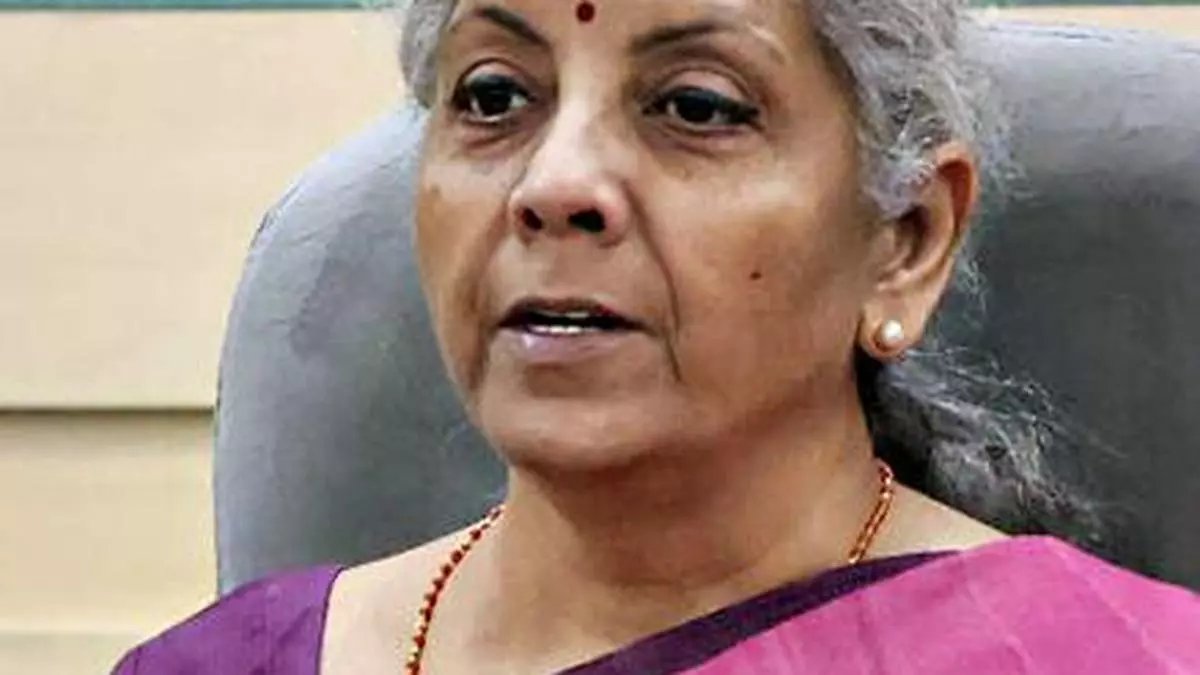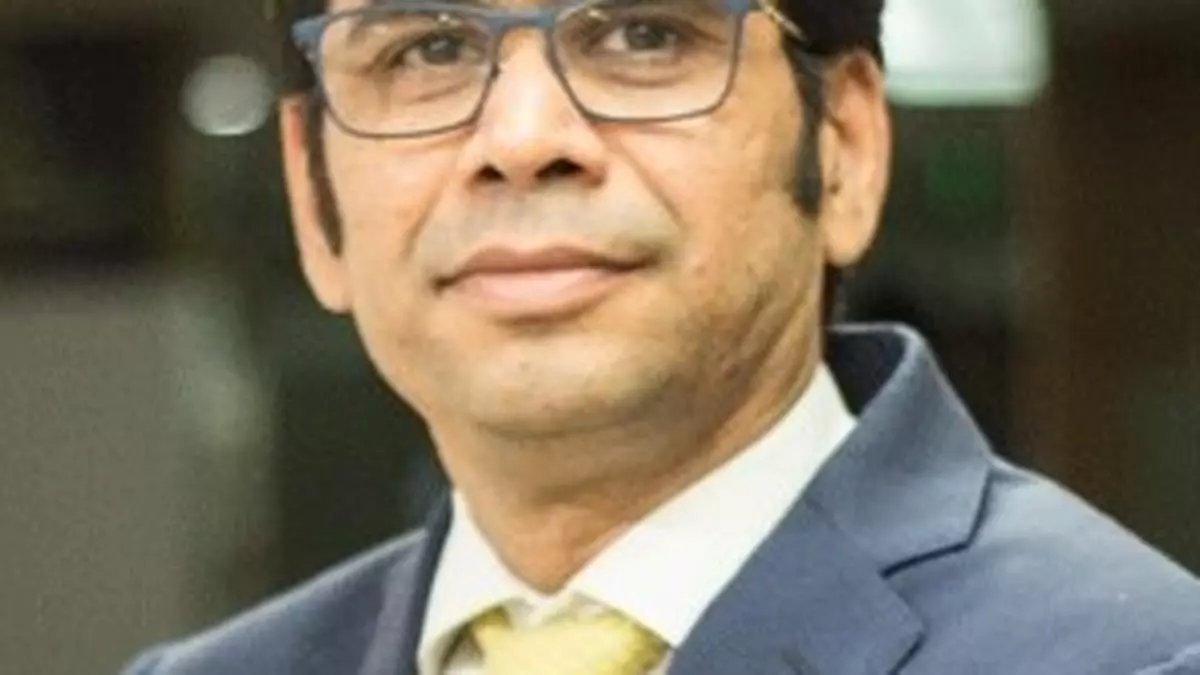The love and bond between brother and sister should be as enduring, healthy, and pure as the spirit of nature itself, not temporary, artificial, and troublesome. If you believe this to be true, the rakhi a sister ties on her brother’s wrist during Raksha Bandhan must reflect this eternal connection. Such a rakhi exists, made from the pure desi seeds of vegetables and food grains. When planted in soil, this rakhi will grow, nourish, and sustain, symbolising the enduring health and bond between siblings. Rahibai Popere, affectionately known as the ‘Seed Mother’ of Maharashtra, champions this belief and explains its significance during the rakhi festival.
In recent years, Rahibai and a group of women farmers from the remote Kombhalne village in Maharashtra’s Ahmednagar district, who hails from a tribal community, have taken it upon themselves to build a seed bank and promote indigenous seeds. Whether Diwali or Raksha Bandhan, these women use seeds to express their love for sustainable farming.
Rahibai Popere
Seed rakhis have now gained popularity, with Rahibai sending these symbolic bands to notable figures, including State Minister Chandrakant Patil, who have supported her in building the seed bank.
She says that her seed rakhis symbolise the love between a brother and sister and the profound connection we share with the earth. Each thread of the rakhi, embedded with indigenous seeds, promises a healthier, more sustainable future.
This Raksha Bandhan, as brothers and sisters exchange these unique rakhis, they are not just celebrating their relationship; they are honouring the spirit of nature, embracing a legacy of purity, and sowing the seeds of love that will flourish for generations to come, says Rahibai.
Seed mission
Rahibai’s dedication to conserving traditional seeds spans over three decades. Her mission began about twenty-five years ago when her grandson fell ill. Convinced that vegetables and food grains containing ‘poison’ from hybrid seeds, chemicals, and fertilizers had made the child unhealthy, she urged her son to stop buying such produce. This marked the beginning of her journey to conserve and save indigenous seeds, which she believes only need air and water for cultivation.
Despite being illiterate, Rahibai established a seed bank in her small mud house to conserve and revive crop diversity and wild food resources. Over the years, many farmers have obtained indigenous seeds from her. Today, she has conserved and multiplied about 43 landraces of 17 crops, including paddy, hyacinth bean, millets, pulses, and oilseeds, by setting up a germplasm conservation centre.
Her relentless efforts not only preserve the purity of nature but also ensure the health and prosperity of future generations, just like the rakhis she advocates. In 2021 Rahubai was conferred the fourth highest civilian national award Padma Shree for her contribution in the field of agriculture.


